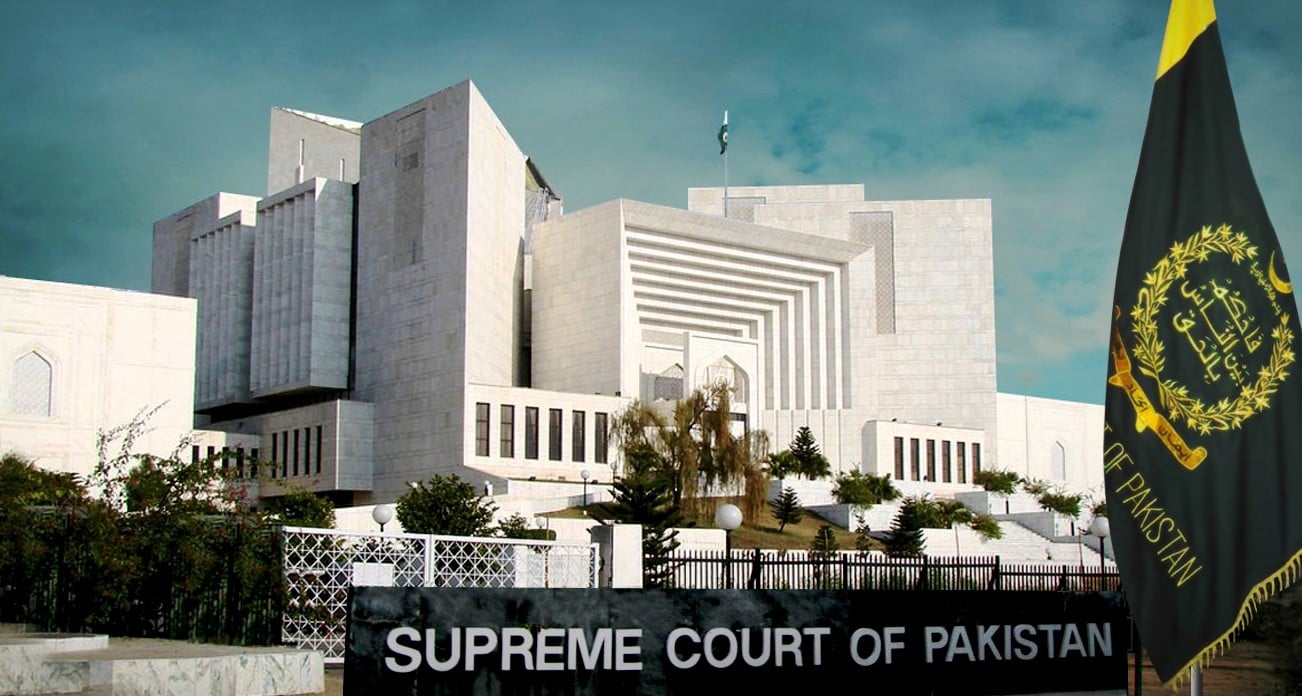Rehman Ali
Pakistan’s Supreme Court has inaugurated its first seven-member constitutional bench, a move designed to streamline the handling of politically sensitive cases, especially those falling under Article 191A. Justice Amin-ud-Din Khan will preside over this bench, which, following the passage of the 26th Amendment, is tasked with hearing politically charged cases. The intention behind this shift is to create a clearer distinction between high-profile political matters and the everyday grievances of the public, allowing other benches to focus on non-political issues. While this restructuring aims to improve judicial efficiency, it may also raise questions about the potential unintended consequences of such reforms.
Critics of the new system highlight the risks of further institutional division within the judiciary. Though the rationale behind creating specialized constitutional benches appears straightforward, dissenting voices within the legal community suggest that this division could lead to more complications. Some experts argue that high-profile political cases have historically constituted a small portion of the overall docket, though they received disproportionate media attention. The real concern, therefore, is not necessarily the volume of political cases but the public perception of their dominance within judicial processes. In this sense, the media’s framing of these cases may have inflated their significance, but this perception is no less important, especially when the credibility of the judiciary is at stake. For ordinary citizens who rely on the court for resolution of day-to-day matters, the hope is that this new division will expedite the hearing of cases that have been delayed due to the focus on political disputes.
However, this hope is likely to be tempered by the reality of institutional change. As Justice Mansoor Ali Shah recently pointed out, the procedural framework for transferring cases to the new constitutional benches is still unclear. This lack of procedural clarity is an inevitable outcome of the 26th Amendment’s recent implementation, and it may take time for the judiciary to fully adapt to this new structure. Until the system stabilizes, questions regarding the delegation of cases to specific benches will persist, and it will take time to develop consistent jurisprudence about which cases belong on the regular benches and which are to be handled by the constitutional bench.
At the heart of this reform is the ongoing issue of judicial politicization, a problem that has plagued Pakistan’s judiciary for decades. Some critics argue that the 26th Amendment threatens judicial independence, but it’s essential to acknowledge that accusations of political bias have long been a challenge for the court. If the establishment of constitutional benches can partially address these concerns, it will serve a vital role in restoring some degree of impartiality. The real test for these specialized benches, however, will be whether they can maintain judicial independence while addressing the political nature of high-profile cases.
Yet, the constitutional bench should not be viewed as a panacea. The core responsibility of the judiciary is to administer justice impartially, regardless of the nature of the case. The creation of separate benches for political cases should not absolve the court of its broader duty to uphold the rule of law across all areas. In fact, the presence of such specialized benches should reinforce the court’s commitment to justice, free from political interference, ensuring that elected politicians and parliamentarians can fulfill their roles without undue judicial influence.
As Pakistan moves forward with this new judicial structure, much will depend on how effectively the Supreme Court adapts. If the constitutional benches can expedite the handling of cases without sacrificing fairness or justice, they could be a positive step in the country’s judicial reform. However, if the division leads to greater fragmentation and inefficiency, the court’s credibility and public trust could suffer even further. Ultimately, this restructuring presents an opportunity for the judiciary to demonstrate its commitment to being an impartial, apolitical guardian of the constitution — a role that will require both time and thoughtful implementation to achieve.
















